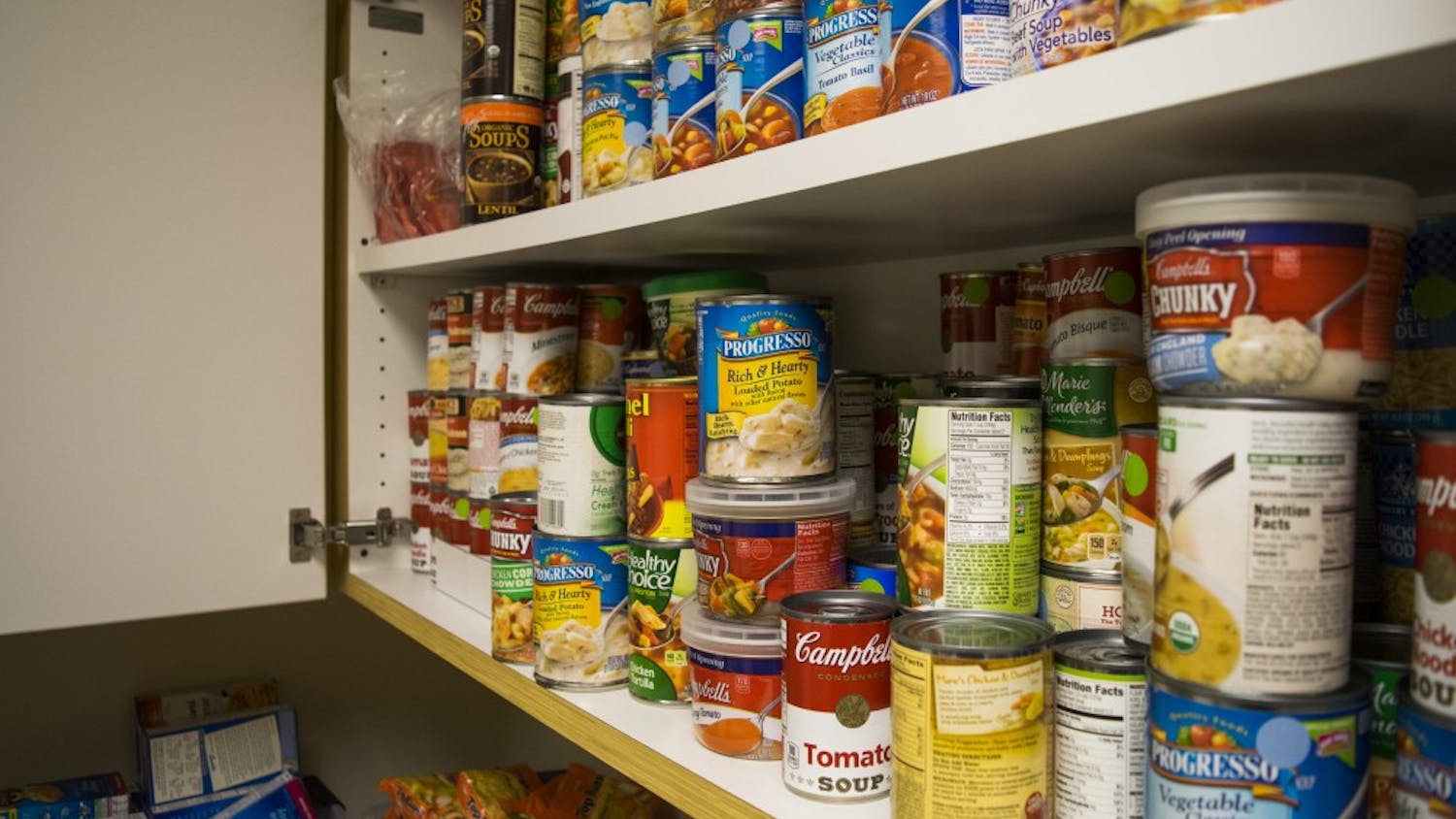Odds are you voted in the primaries last week. It felt good, right? Doing your part, helping out your favorite candidate, hanging out with other politically-minded people'¦ what's not to like? Best of all, you ensured your right to complain about things; it's not really fair to talk about how bad things are, after all, if you don't do anything to try to fix them. That's why I always make sure to vote, since if I couldn't complain about things, I'd have to find a whole bunch of new hobbies.
So it seems we're all agreed, voting is great. But, half that greatness is having a choice between two (or maybe more) candidates whose beliefs and strategies you know reasonably well. After all, it is the differences in these beliefs which help us determine which candidate to support.
But what if you don't know these differences? What if, for instance, you cared deeply about health care, but none of the candidates liked to talk about it? And, worse, it seemed like nobody else cared about health care, so it never got talked about. Without knowing the individual candidates' stances, you can't make an informed decision, and thus your fundamental rights as a citizen are thwarted!
Now, it's obvious from the way the candidates voice their plans to solve our nation's healthcare problem, health care is no trivial matter. But there is an issue that almost nobody talks about or even seems to care about, but is at least as important as health care: science.
Sure, people talk about stem-cell research or global warming every now and then, but the political candidates' views on science are generally not a main topic of discussion. Which is weird, considering the number of scientific issues that people seem to care about (such as the two above), and considering the dismal results that American students always achieve on international science and math tests. This is the country, remember, where one in five adults think the Sun revolves around the Earth, and fewer than 10 percent know what radiation is, according to research by Jon Miller of Northwestern University. Technology has become such a basic part of our lives now that to ignore it as a point of policy discussion is almost surely a mistake.
So, in order to get the candidates to speak explicitly on the subjects of science and technology, they've all been invited to Science Debate 2008. According to sciencedebate2008.com, it'll be on April 18, all viable candidates are invited and it'll be held even if only one candidate participates."" Not the biggest vote of confidence I've ever heard, but then why should it be? So far no one has confirmed their attendance, and other ""special"" debates haven't really fared so well either. And, while at heart I remain ever the optimist on this and other matters, I don't really expect the support of Nobel laureates, heads of major universities and government and industry leaders (not to mention yours truly) to convince politicians to talk about science for a while.
But something could convince them: potential votes. If enough regular folks supported the idea and signed the invitation online, it'd be a harder issue to ignore. Obviously scientists and CEOs of tech companies want to hear about science, but it'd be pretty dramatic to learn if others might want to know what our potential president thought about science, or just that he or she thought about it at all. Maybe we'll get someone interested enough to actually increase the National Institute of Health's funding, or the NSA's, or even NASA's.
While I understand not everyone thinks science is as sexy or interesting as I do, I like to think its importance and growing significance in the world is getting increasingly hard to ignore. It's certainly not the only issue to consider, but we can't just keep treating science like something that only affects a minority of us. So while we may just do a small thing, sign an online letter or the equivalent, at least we know we've done something. If nothing else, we'll probably be happy to know we can still complain.





